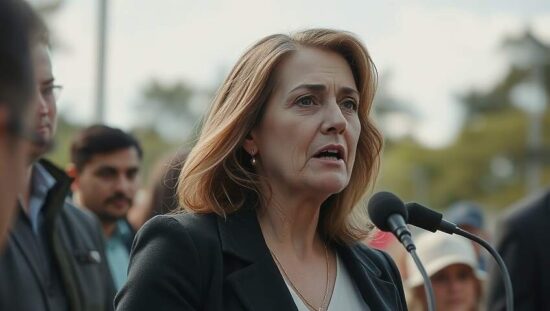The German government’s decision to delay a potential ban on social media access for individuals under 16, pending the findings of an expert commission in a year’s time, is facing sharp criticism from the driving force behind a widely supported petition advocating for the prohibition. Jeannette Deckers, the initiator of the “Social Media ab 16” petition, argues the postponement represents a dangerous complacency while children remain exposed to significant online risks.
Deckers, in comments to the “Neue Osnabrücker Zeitung”, expressed frustration that Germany appears to be lagging behind other nations, such as Australia, which have already taken decisive action regarding the dangers of unregulated social media access for minors. The year-long delay, she contends, leaves children vulnerable and signifies a failure of the state to prioritize their protection. “If child and youth protection is important to the state, it “must” regulate” she stated.
The argument that a social media ban infringes upon the right to digital participation, a point raised by organizations like the Deutsches Kinderhilfswerk, has been dismissed by Deckers as misdirected. She countered that the right to digital participation does not inherently translate to a right to access platforms rife with pornography, cyber grooming, violent content and extremist ideologies – realities, she asserts, are commonplace on children’s smartphones. Furthermore, she insists that even without unrestricted social media access, children could still engage in safe and age-appropriate digital experiences through platforms like online libraries and children’s news websites.
Deckers highlighted that the rights to data protection, privacy and defense against violence and exploitation, enshrined in the UN Convention on the Rights of the Child, are routinely violated within social media environments. She argues these rights take precedence over the claim of an unqualified ‘right to digital participation.’
The petition spearheaded by Deckers has garnered over 155,000 signatures on the Openpetition platform. Resistance to a complete ban extends beyond the Deutsches Kinderhilfswerk, with prominent politicians, including CSU leader Markus Söder, also publicly opposing the proposal. The ongoing debate underscores a growing divide regarding the balance between youth protection, digital rights and the perceived responsibility of the state in regulating online spaces for vulnerable populations.





